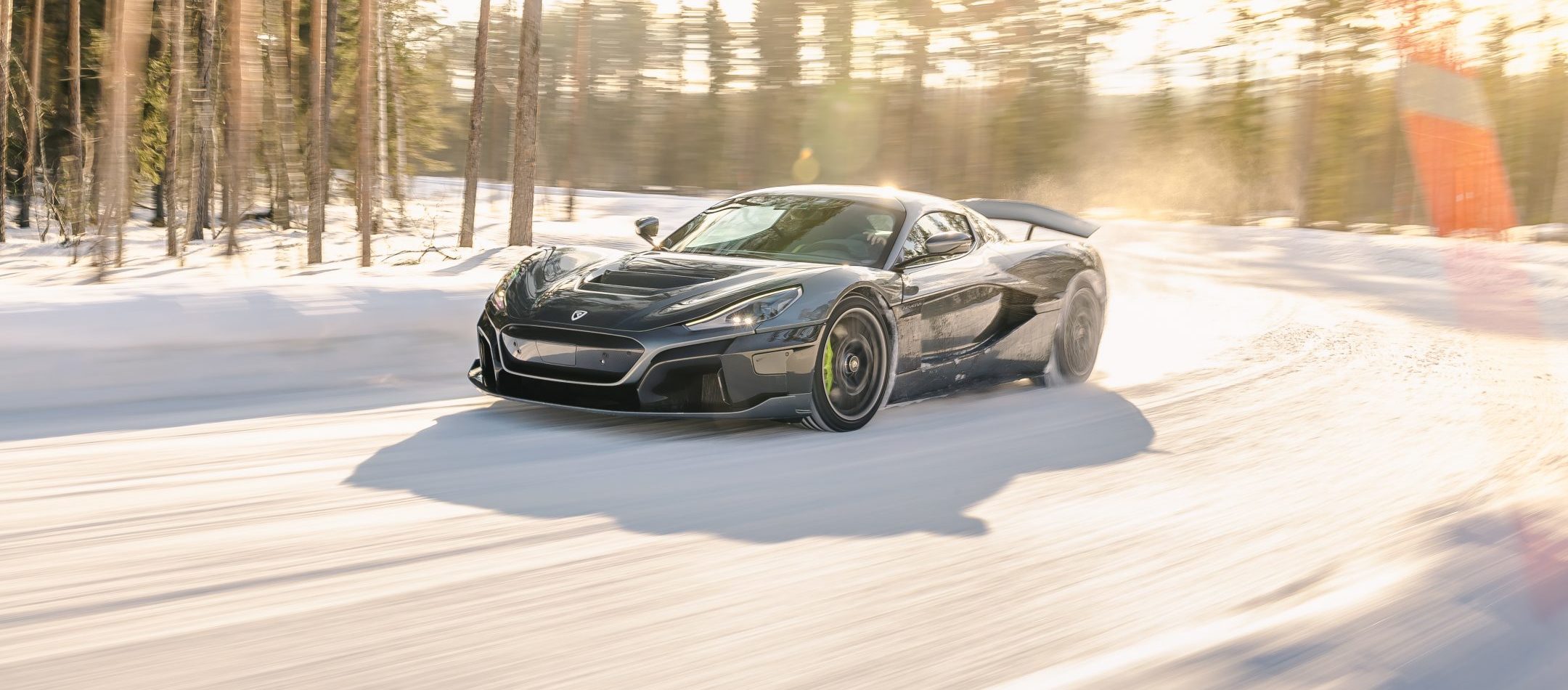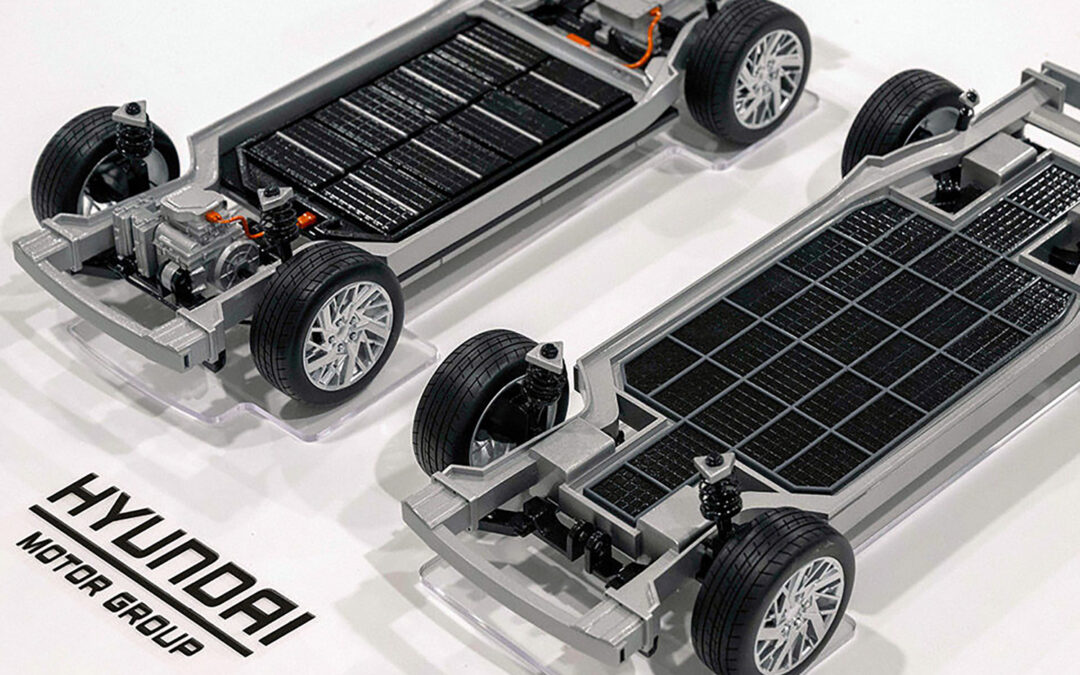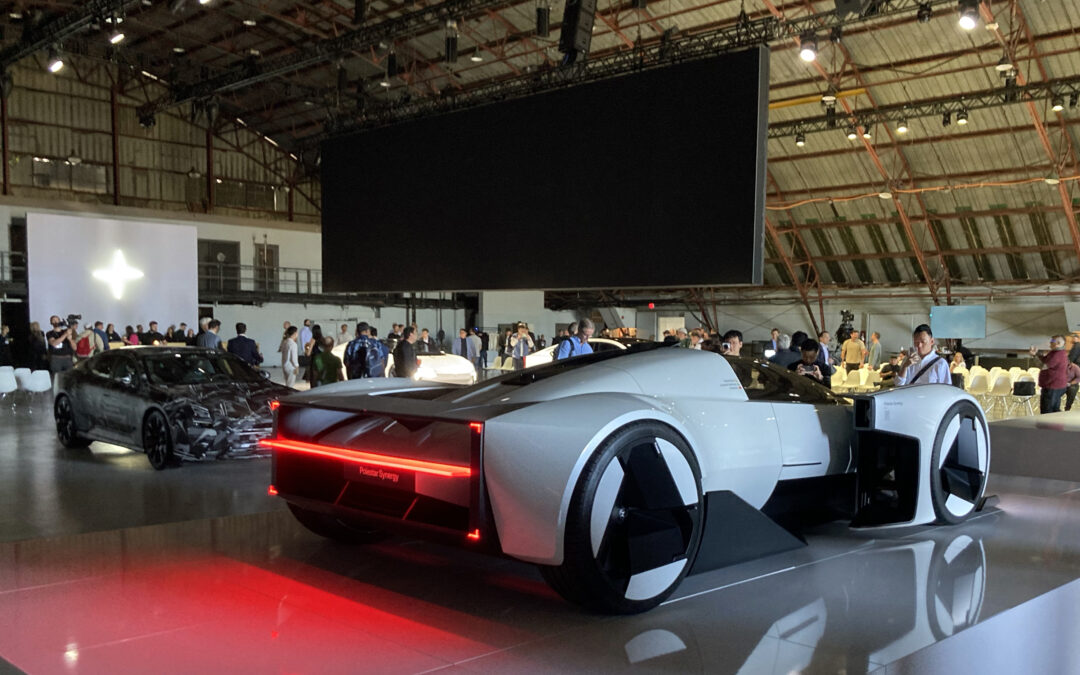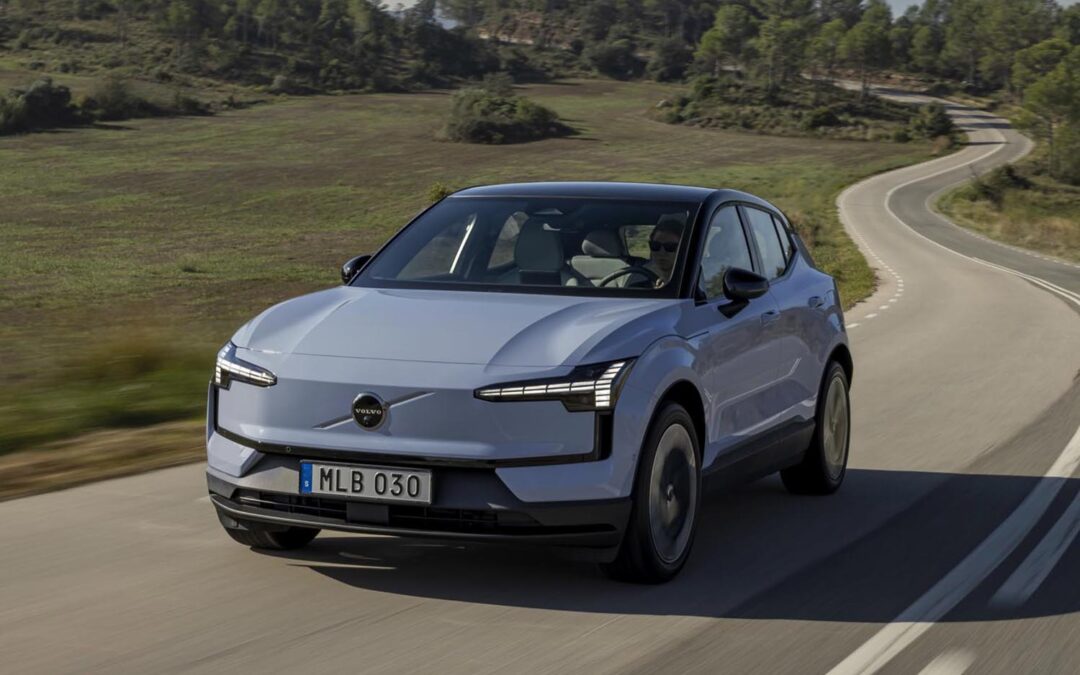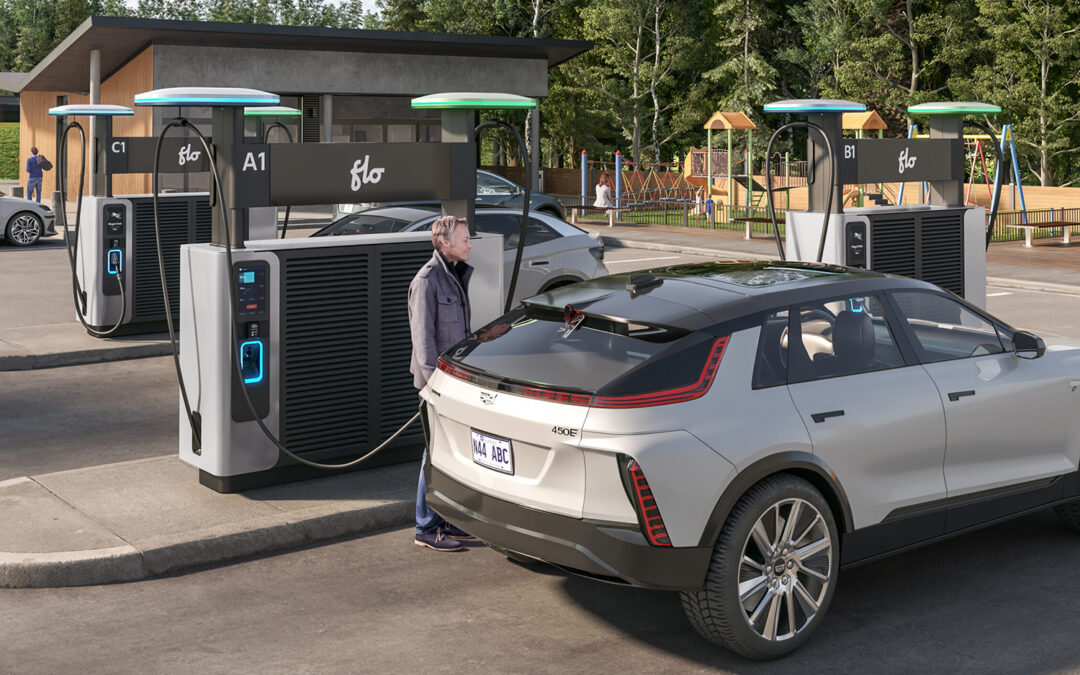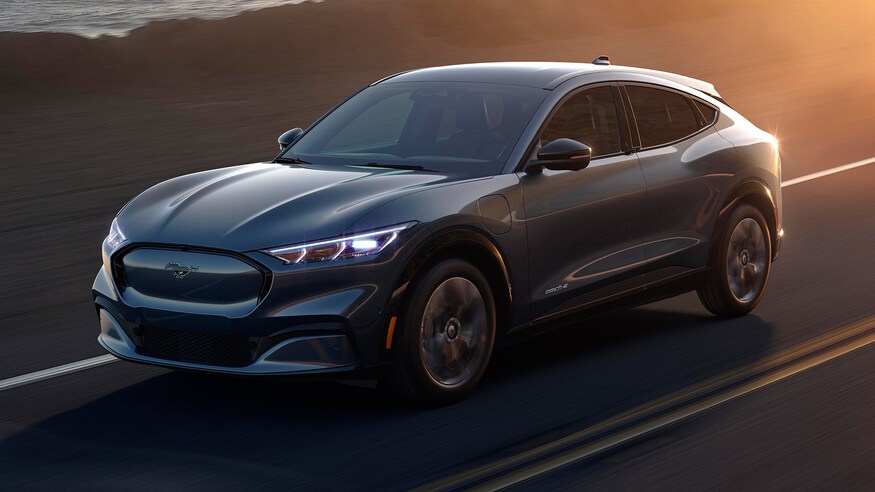Rimac Automobili has completed winter testing on its 1,914 hp Nevera in the Arctic circle, just a few months before customer deliveries of the Croatian marque’s new electric supercar are set to begin.
Testing took place at Pirelli’s Sottozero Centre in Sweden, with the program focusing specifically on fine-tuning the ABS, ESP and torque-vectoring system in the freezing conditions, as well as the EV supercar’s bespoke P Zero Winter tyres. The tests were also used to put, what CEO and founder Mate Rimac refered to as, “the final 0.1 per cent of polish” on the Nevera before customer deliveries start “in a couple of months.”
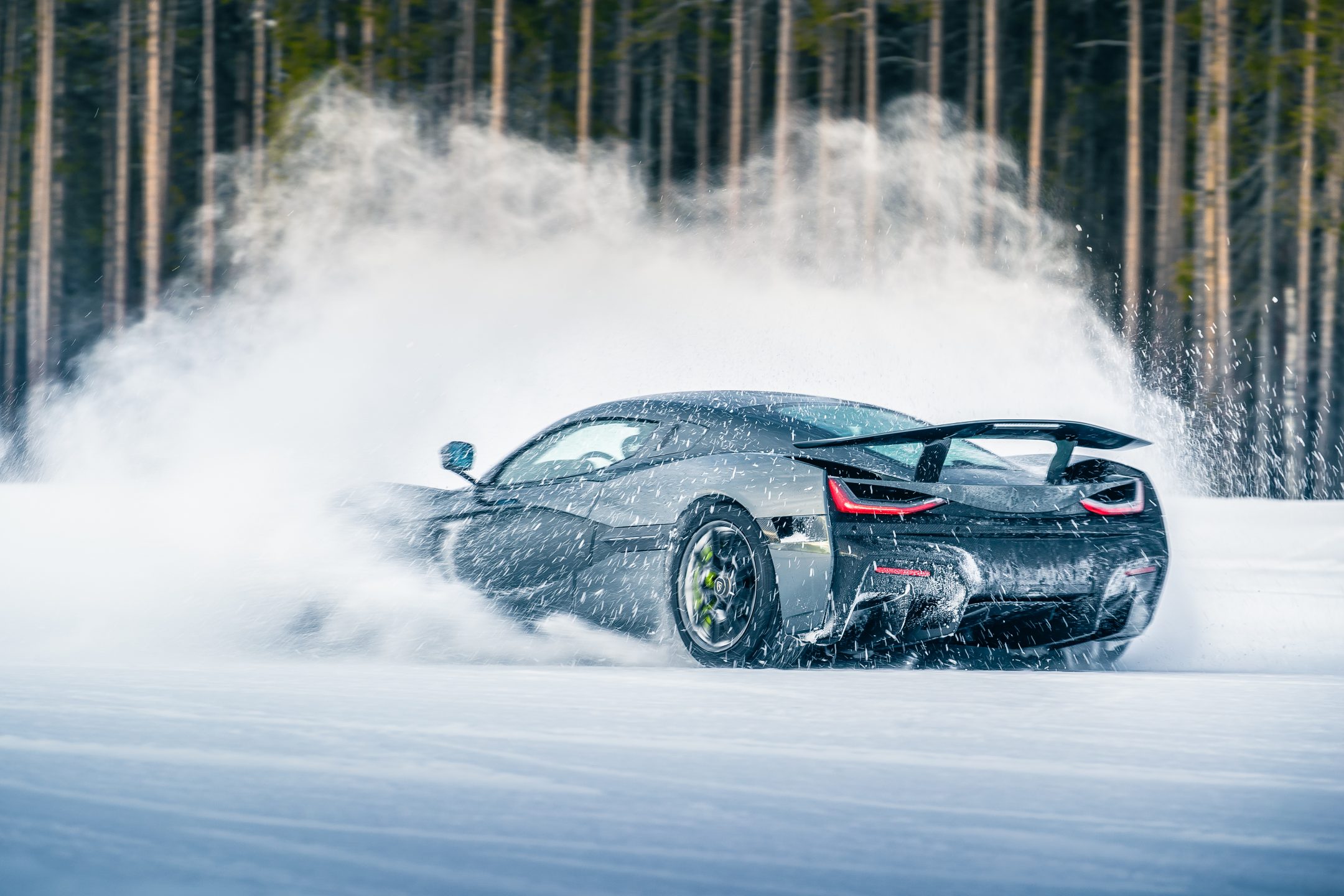
Rimac Nevera
Bizarrely, an “unusually warm” fortnight in Sweden meant that Rimac, which last year merged with Bugatti, had to conduct most of its testing during the night when temperatures dropped to their most extreme.
“Even after two weeks spent at temperatures of about -15°C (5°F), and a fairly demanding testing regime, our validation prototype performed at 100 per cent throughout, so we know that all our core systems can perform reliably even in extreme conditions,” Mate Rimac explains. “What we also wanted to develop was a car that could be driven and enjoyed equally by someone who isn’t the most experienced driver right up to a seasoned racer.
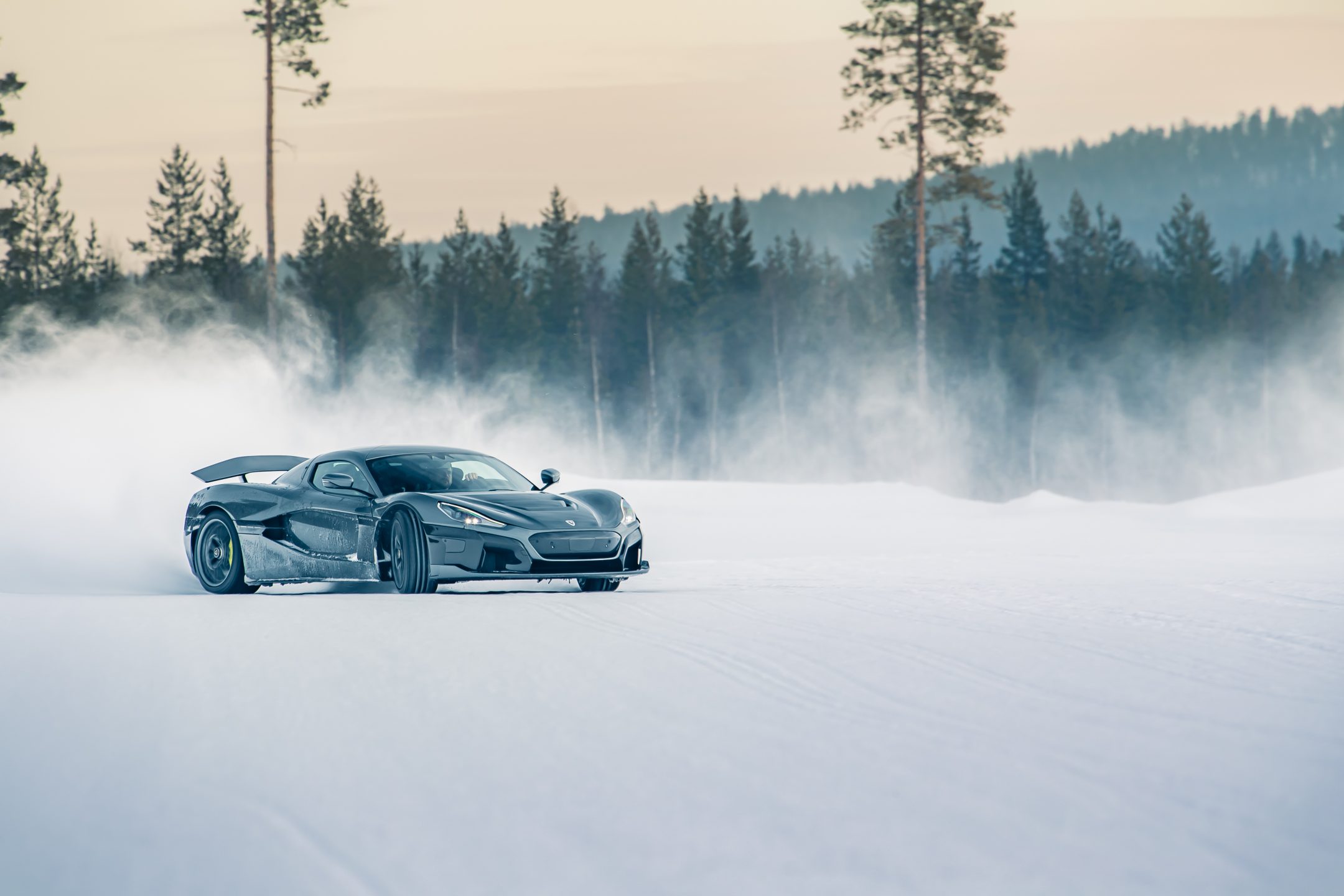
Rimac Nevera
“Finding that balance of creating a rewarding, but safe, drive in a 1,914hp car… while also building a chassis that delivers delicate on-the-edge adjustability has been our goal from day one, and as our final stages of testing come to close, I can confidently say that’s exactly what we’ve achieved with Nevera.”
The Nevera, originally unveiled as the C-Two Concept before being renamed in June 2021, is the second all-electric sports car from Rimac, founded in 2009, since its 1,241 hp Concept One debuted at the Frankfurt Motor Show in 2011. Boasting an even more impressive 1.914 hp and 1,741 lb ft of torque, the Nevera utilizes a four-electric motor setup – one for each wheel – that’s mated with a 120 kWh lithium ion battery pack (an improvement on the 90 kWh example in the Concept One) that’s enough to shift the supercar from 0-100 km/h in 1.85 seconds on to a top speed of 412 km/h. Rimac itself has proclaimed its new Nevera to be “the fastest accelerating production car in the world.”
Just 150 will be made, with each said to cost an eye-watering US$2.4 million.
